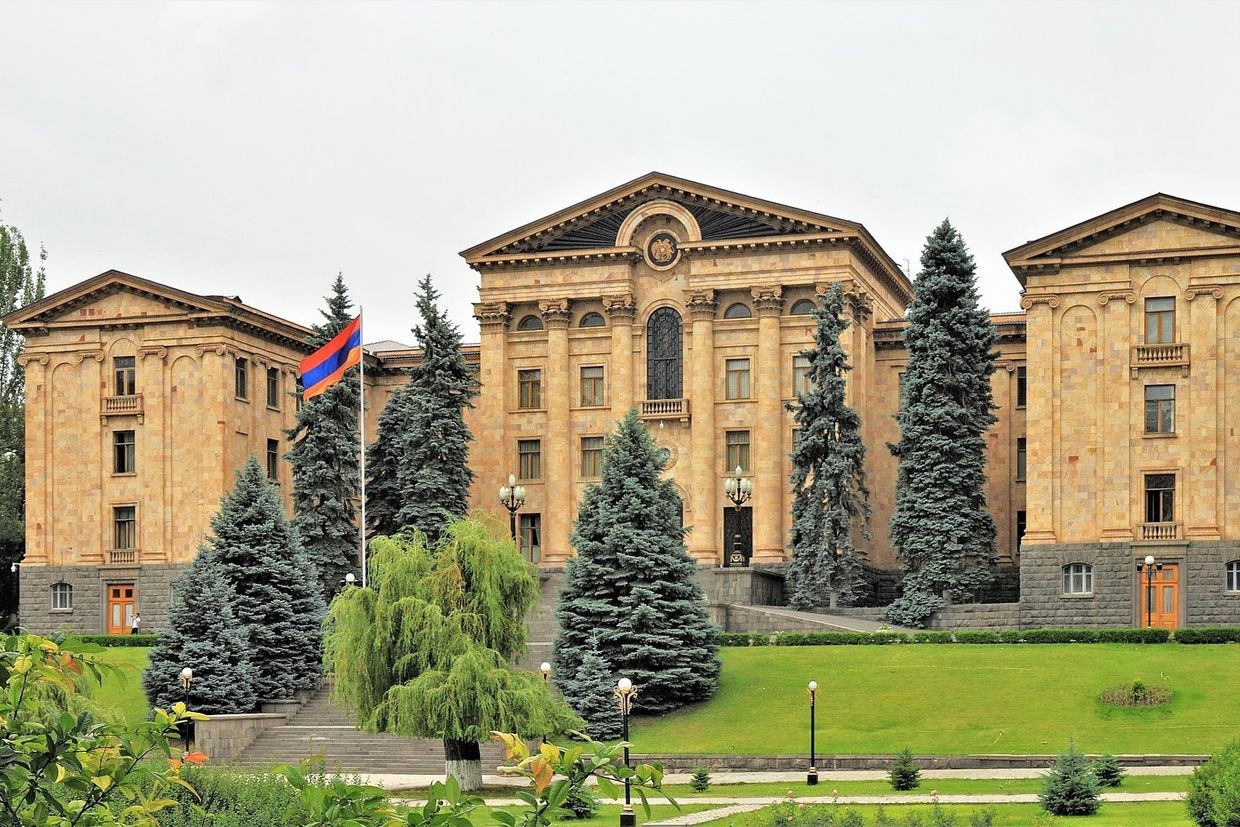
The Armenian Parliament has adopted legislative amendments virtually allowing the state to take over the country’s sole electricity company — Electric Networks of Armenia (ENA) — from Russian–Armenian billionaire Samvel Karapetyan, who was recently detained on charges of making calls to overthrow the government.
The bill was adopted on Thursday afternoon.
While it does not necessarily directly allow the state to nationalise ENA, its provisions would allow the state to ‘intervene’ and oversee its administration should the company fail to meet its obligations.
Specifically, the amendments would allow the authorities to launch proceedings against the ENA should it fail to properly fulfill its obligations. During these proceedings, the authorities would be able to temporarily appoint an administrator to oversee the company.
If, during the process, the authorities decide to revoke the ENA’s license, the government would offer its owners the opportunity to forfeit their shares within three months. If the ENA is not sold during this period, the government would be able to force Karapetyan to forfeit the company in accordance with article 60 of the constitution, which allows the state to seize assets in the interest of the public.
According to RFE/RL, the bill would allow the legislation to be retroactively applied to previous violations.
Armenpress, a state-owned news outlet, has framed the amendments as providing the authorities with the ability to intervene in the country’s energy sector in case of violations.
According to Civilnet, critics of the move warn that it could have consequences for the ‘country’s investment climate, legislative clarity, and foreign economic relations’.
The bill was passed amidst some conflict in parliament, following remarks made by Hovik Aghazaryan, a former member of the ruling Civil Contract party, who implied that the amendments were an attempt to deepen anti-Russian sentiments in order to turn Armenia to the West, which he claimed, began with Turkey.

‘With these steps, there is an attempt to deepen anti-Russian sentiments so that, [eventually], we turn toward the West, supposedly falling out with Russia. The West begins with Turkey’, Aghazaryan said, claiming that in exchange for a path to the EU, Turkey would demand that displaced Azerbaijanis be returned to Armenia.
‘You all know what will happen then. Therefore, I ask and urge the Russian side not to give in to our provocations’, Aghazaryan concluded.
This caused immediate outrage among members of the ruling party, with Arman Yeghoyan being heard shaming Aghazaryan, along with other reactions coming from MPs. Subsequently, Aghazaryan threw a bottle in the direction of Civil Contract’s seats.
In a comment to RFE/RL, Aghazaryan suggested that he threw the bottle in response to the verbal insults uttered by ruling party MP Tigran Parsilyan.
As tensions in parliament subsided, Deputy Parliamentary Speaker Hakob Arshakyan asked Aghazaryan to leave the hall and prohibited him from participating in the session.
Arshakyan gave a warning to Yeghoyan, adding that he also did not like Aghazaaryan’s speech — ‘it’s clear that the speech represented foreign interests more than Armenian ones’.
The ruling Civil Contract party fast-tracked the nationalisation of the ENA following the arrest of its owner, Karapetyan, a Russian–Armenian billionaire. He was arrested on 18 June during a raid of his home in Yerevan after he had made statements in defence of the Armenian Apostolic Church amidst ongoing tensions between it and the government.
Following the arrest, Prime Minister Nikol Pashinyan vowed to ‘swiftly’ nationalise ENA, which is run by Karapetyan’s Tashir Group, and also launched inspections into his popular Tashir Pizza chain, closing down some branches over violations.
Pashinyan claimed the move was not related to statements Karapetyan had made in support of the church, but instead cited public discontent with the company’s services and frequent power outages in Armenia, which Pashinyan alleged were intentionally used ‘to generate internal public discontent in Armenia’.










